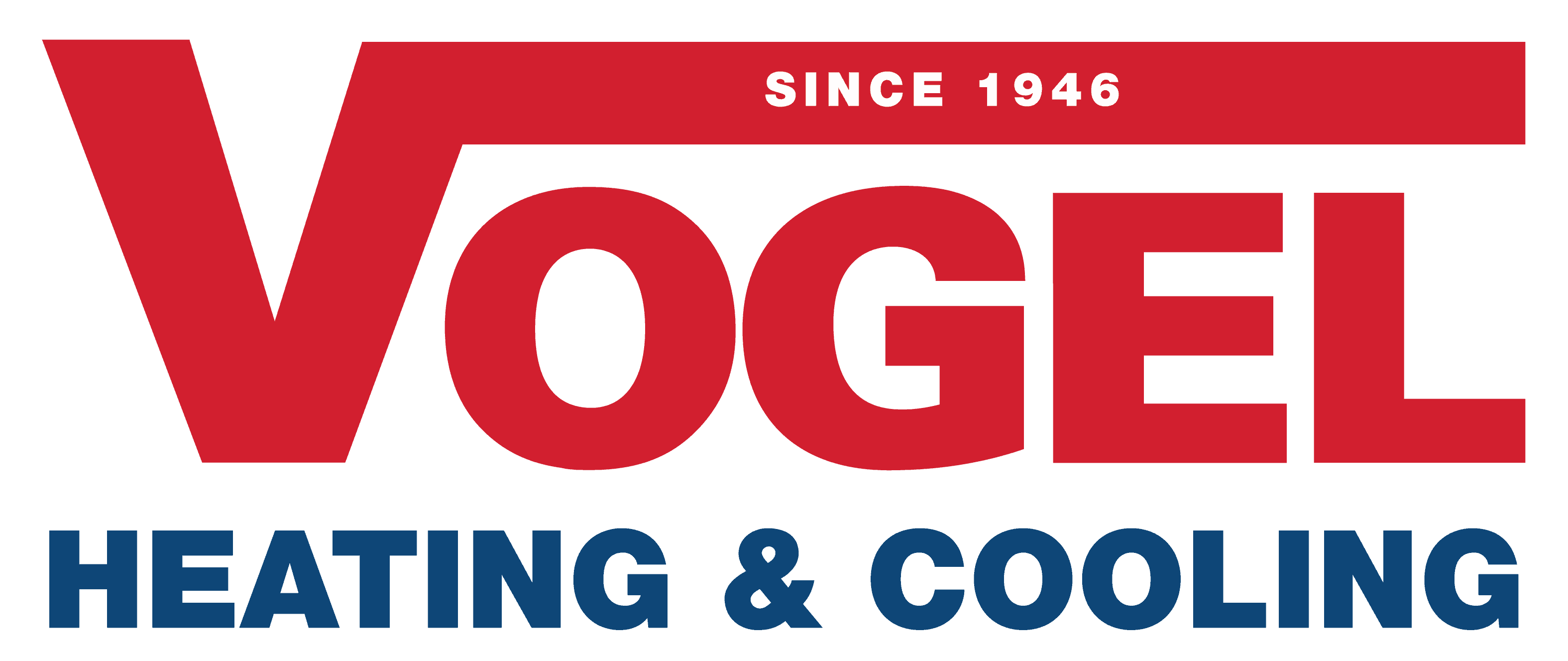Stage 1: Installation and Early Years (0-5 years)
The lifecycle of an HVAC system begins with its installation. A well-maintained system can last anywhere from 15 to 25 years, but the first few years are typically trouble-free. During this period, your system should operate efficiently and require minimal repairs. However, it's essential to schedule regular maintenance to keep it running smoothly.
Stage 2: Routine Maintenance and Repairs (5-10 years)
As your HVAC system ages, it may start to show signs of wear and tear. This is when regular maintenance becomes crucial. Routine maintenance, such as cleaning coils, changing filters, and inspecting ducts, can extend the lifespan of your system and prevent minor issues from turning into major problems.
During this stage, you may also encounter the need for occasional repairs. Common issues include thermostat malfunctions, refrigerant leaks, or worn-out components. While these repairs can keep your system going, it's important to weigh the cost of repairs against the age of your HVAC system. If repair costs start to add up or your system's efficiency significantly decreases, it might be time to consider a replacement.
Stage 3: Mid-Life Considerations (10-15 years)
As your HVAC system approaches the 10 to 15-year mark, you'll need to start thinking about its future. Even with diligent maintenance, the efficiency of older systems tends to decline, leading to higher energy bills. This is a critical juncture where you should evaluate whether repairs are worth the investment.
Factors to consider during this stage:
1. Energy Efficiency: Newer systems are more energy-efficient, which can lead to substantial long-term savings on your utility bills. If your older system is guzzling energy, a replacement might be more cost-effective.
2. Repair Costs: If you're facing frequent and costly repairs, it might be more sensible to invest in a new system that comes with a warranty and improved reliability.
3. Environmental Impact: Older HVAC systems might use refrigerants that harm the environment. Upgrading to a newer, eco-friendly system can reduce your carbon footprint.
4. Comfort and Technology: Newer systems offer better temperature control and advanced features such as programmable thermostats and smartphone integration, enhancing your comfort and convenience.
Stage 4: End of Life (15+ years)
After 15 years or more, your HVAC system is considered at the end of its natural lifecycle. Even with the best maintenance practices, the system's efficiency will continue to decline, and repairs may become increasingly frequent and expensive. At this point, it's often more cost-effective and practical to invest in a new HVAC system.
Replacing your aging HVAC system comes with several benefits:
1. Energy Savings: New systems are significantly more energy-efficient, reducing your monthly utility bills.
2. Reliability: New systems come with warranties, providing peace of mind and protection against unexpected breakdowns.
3. Improved Comfort: Modern HVAC systems offer better temperature control and humidity management, ensuring year-round comfort.
4. Environmental Benefits: Newer systems use eco-friendly refrigerants and are designed to be more environmentally friendly.
Understanding the lifecycle of your HVAC system is essential for making informed decisions about when to repair and when to replace. Regular maintenance can extend your system's life, but eventually, all systems wear out. When facing the choice between repair and replacement, consider factors like energy efficiency, repair costs, environmental impact, and your overall comfort. By making informed decisions at each stage, you can ensure your home remains comfortable and energy-efficient while avoiding costly and frequent repairs.
At Vogel Heating & Cooling, we provide professional HVAC services, including installation, maintenance, repair, and replacement. Contact us for all your HVAC needs.

